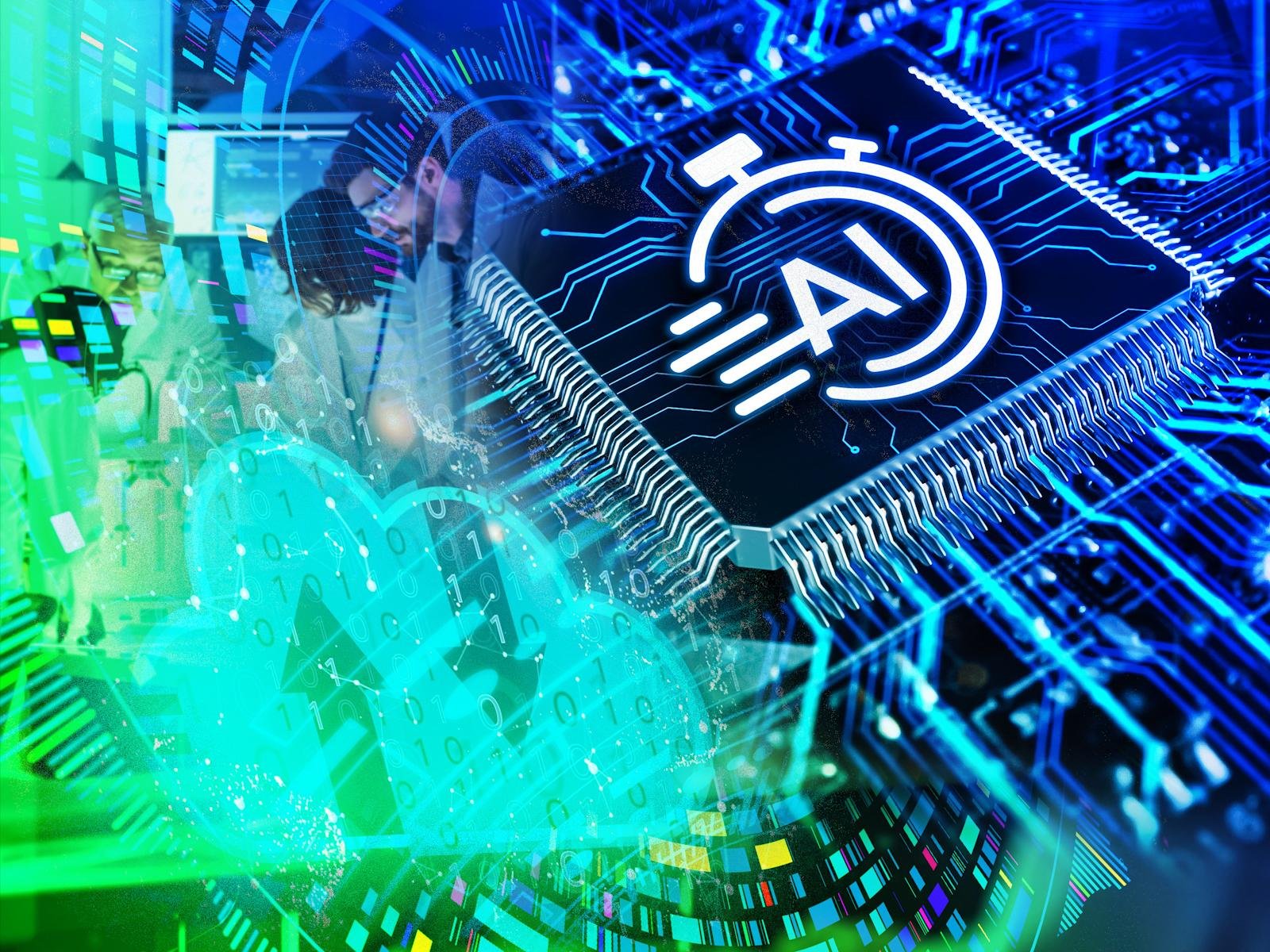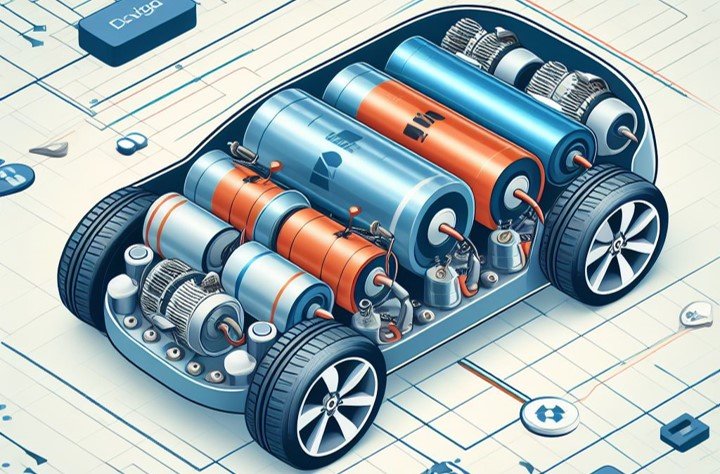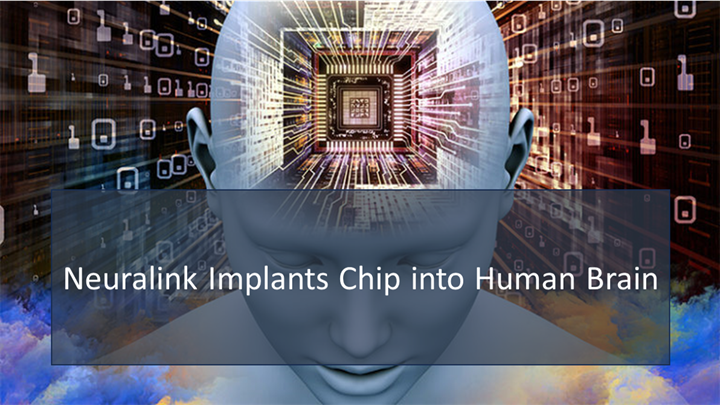AI Accelerating the Scientific Discovery for New Battery Materials
Microsoft and the Pacific Northwest National Laboratory (PNNL), part of the US Department of Energy, have collaborated to utilize AI’s power in chemistry and material science to find the solutions required to fulfill world energy needs.
Materials scientists Vijay Murugesan, Shannon Lee, Dan Thien Nguyen, and Ajay Karakoti synthesized and tested the new compound, which could help reduce lithium usage in batteries by 70%. The entire process, from receiving the simulated candidates to producing a functioning battery, took less than nine months, a blink of an eye compared with traditional methods.
To make the compound competitive with published benchmarks, additional optimization is required and initial investigations suggest new pathways further to explore the functional properties of the new material.
Jason Zander, Executive Vice President of Strategic Missions and Technologies at Microsoft, said, “We are at the dawn of a new era of scientific discovery that can transform our world for the better. With novel AI and hyperscale capabilities, we can speed up research and unlock the discovery of new molecules that can address some of the most pressing issues of our time, from clean energy to eliminating toxic chemicals and beyond. Our breakthrough in using AQE to find new battery materials is just one of the many examples of how our innovative approach to materials research can improve our daily lives.”















[…] 25 January 202425 January 2024 […]